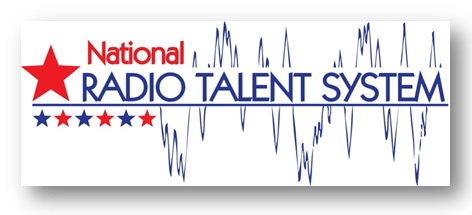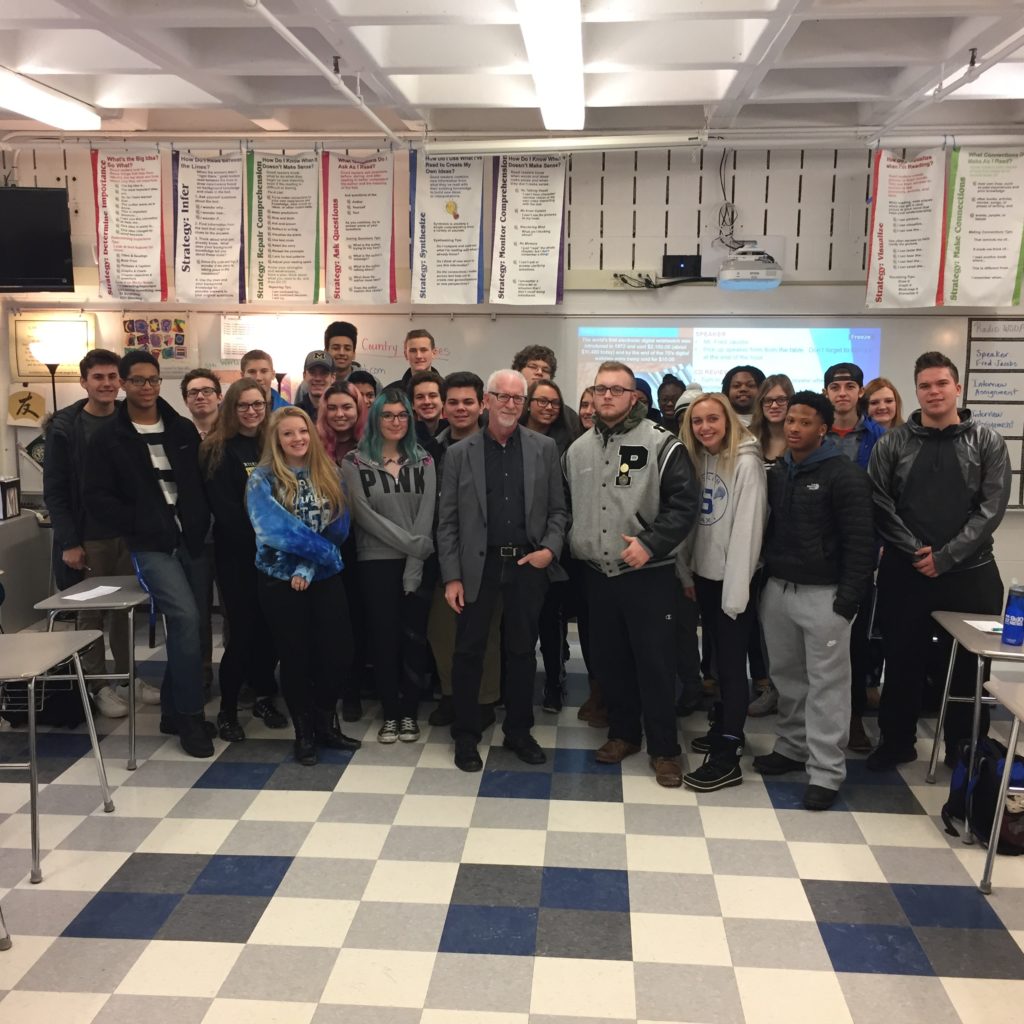 With all the industry hubbub over Millennials, it is easy to forget about their younger brothers and sisters – members of Generation Z.
With all the industry hubbub over Millennials, it is easy to forget about their younger brothers and sisters – members of Generation Z.
There are differing definitions about the exact chronology of this up-and-coming group of kids, but many peg their birth year starting in the late ‘90s – and that puts many of them on college campuses today. Chances are, many of you reading this blog post have children in high school and college – the epicenter of this emerging group of young consumers.
If you think they’re like Millennials, think again. While 9/11 may have been a defining moment for Millennials, the elections of Barack Obama and now Donald Trump may end up having as profound an impact on Gen Z.
A recent article in Media Village by Jack Myers lays out some of the key differences between Gens Y and Z, and why it’s important for broadcasters to begin reaching out to younger Zers sooner rather than later, especially because of their tech and media proclivities. Snapchat over Facebook, gender identity and diversity, and economic concerns following the Great Recession are all part of what defines many of these young people.
All signs point to higher signs of stress these days for all of us, regardless of our age or our station in life. You can only imagine what it’s like to be a teen in this environment. Parents are only too well aware the high school and college years are stressful enough as it is, but overlay some of the feelings of uncertainty and unrest on Gen Z kids, and perhaps you can gain a better appreciation of what many of them are up against.
How does all this translate to radio, as well as other media habits? Thanks to a recent research study by Fluent that was covered by MarketingProfs, we can gain a glimpse into how Generation Z is entertaining and informing itself. We also gain an understanding of just how big a role mobile plays in their young lives. From Uber to Venmo to Netflix, their mobile phones are their conduits to the exchange of money, getting around, and connecting with their favorite video entertainment. While Pandora is not mentioned by name, Spotify has earned a significant percentage of their media time in just the past year.
From Uber to Venmo to Netflix, their mobile phones are their conduits to the exchange of money, getting around, and connecting with their favorite video entertainment. While Pandora is not mentioned by name, Spotify has earned a significant percentage of their media time in just the past year.
Music discovery on the radio, however, is moving in the wrong direction. Less than a third of these Gen Z respondents say they’re finding out about new music over the radio airwaves. Similarly, gaming apps, cable TV, in-store shopping, and even Instagram are experiencing some usage decreases from the previous year.
Whether it’s reaching them with radio programming or encouraging them to consider careers in the industry, it’s essential to gain an understanding of who they are, how they think, and where they’re headed.
That’s another reason to support activities and initiatives that focus on Generation Z. It’s not just an investment in today’s kids, but also an investment in the future of the radio business.
Conclave 42 is already coming together, a great event that continues to be one of radio’s best conduits to young people. It’s set for July 26-28 in Minneapolis (yes, the Twins are in town that first night), and Conclave Chair, Lori Lewis, is already putting together great panels and speakers. Click here for information and registration.
And then there’s Dan Vallie’s National Radio Talent Institutes, ramping up right now for 2017. These are amazing teaching and training events  geared toward students and interns in a growing number of locales around the U.S.
geared toward students and interns in a growing number of locales around the U.S.
Over the next several months, there will be a number of these institutes happening all over the country, including Appalachian State, Knoxville, and Ellensburg, WA. The next is in Athens, Georgia, and the deadline for interns and students to sign up for that institute is tomorrow. There is time to sign up for the others. Information is here.
At a time when so many stations have trouble filling key positions, a focus on high school and college students is a great goal for radio to embrace.
I’m hopeful this is the year when I’ll join some of the great broadcasters who give their time at Dan’s institutes. I’ll will be at Conclave, and hope to see you there.
 Just before the Christmas holidays, I made the trek to Plymouth Salem High School in Canton, Michigan, to spend time with a radio class. This is one of those rare high schools with its own FM radio, WSDP – “The Park.”
Just before the Christmas holidays, I made the trek to Plymouth Salem High School in Canton, Michigan, to spend time with a radio class. This is one of those rare high schools with its own FM radio, WSDP – “The Park.”
I have made several appearances at this school over the past several years, but a funny thing usually happens midway through the class. We exchange ideas, the students ask questions, I answer them but also ask them questions – and I believe we all learn a lot in the process.
Part of the way in which we invest in the future of radio is to share our knowledge and learning. But the other way we benefit is from listening to young students, and gaining an understanding of who they are, what they do, and how they think.
In the process, we gain insight about our own radio stations, and their ability to entertain and inform this new generation.
The ability for radio to survive and thrive in the future may be dependent on our understanding and embrace of Generation Z.
It’s time to go back to school.
- How Will Radio Fare In The Battle For The Fourth Screen? - April 3, 2025
- Like A Pair Of Old Jeans - April 2, 2025
- What’s Fair Is Fair - April 1, 2025




Radio set out to alienate anyone under 25 about 30 years ago and it seems that while it took longer than anyone expected, they’re finally getting the message.
If radio wants to attract Gen Z (or Y for that matter) it can create some radio stations around their tastes. Surely, there is a 3rd country station, 4th urban or AAA station somewhere that’s struggling to crack a 2 share and as a result, a good candidate. The lack of experimentation and beta testing in radio is astounding.
People are drawn to radio as listeners and as a career choice because they hear something they can relate to – and there isn’t much there for millennials right now. The 18 year olds radio ignored 25 years ago are 43 now…
Not all investments pay off, but the biggest company in the world (Apple) is putting almost all of its R+D money into a sector with almost no current revenue (cars), not one where most of the money is right now (phones). There’s a good lesson there – compare the ROI in Apple stock in the last 10 years over that of any radio company. Gen Z is radio’s car, win it before you can buy it is radio’s phone.
Bob, some very observant and on-point comments. You reap what you sew and the industry’s fixation on the so-called 25-54 “sweet spot” has cost it in music discovery points as well. Formats more interested in moms and dads will lose the kids. And in recent years, there’s no shortage of entertainment for them. Thanks for adding to the conversation.